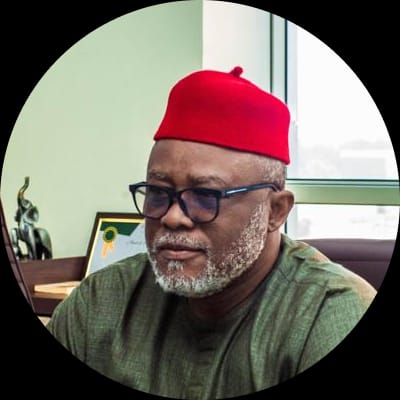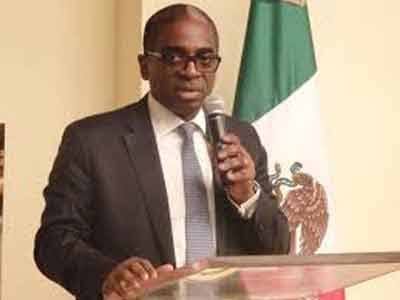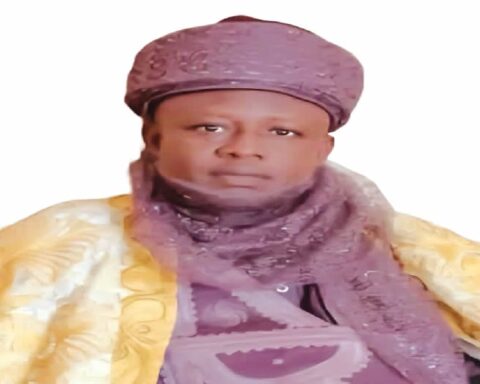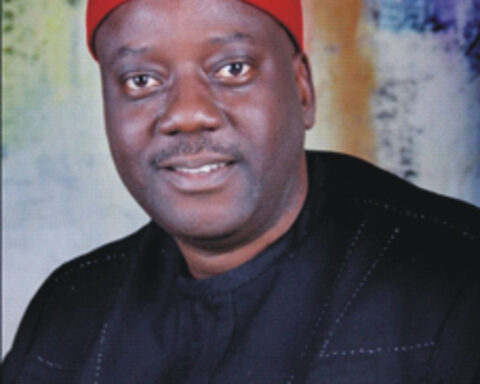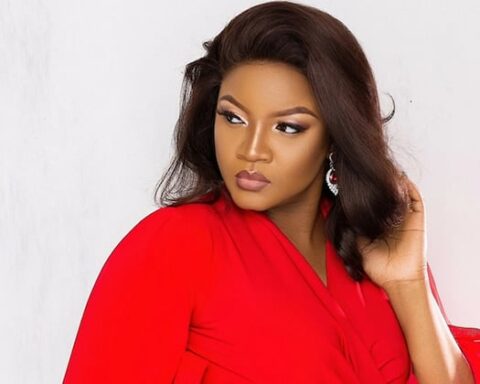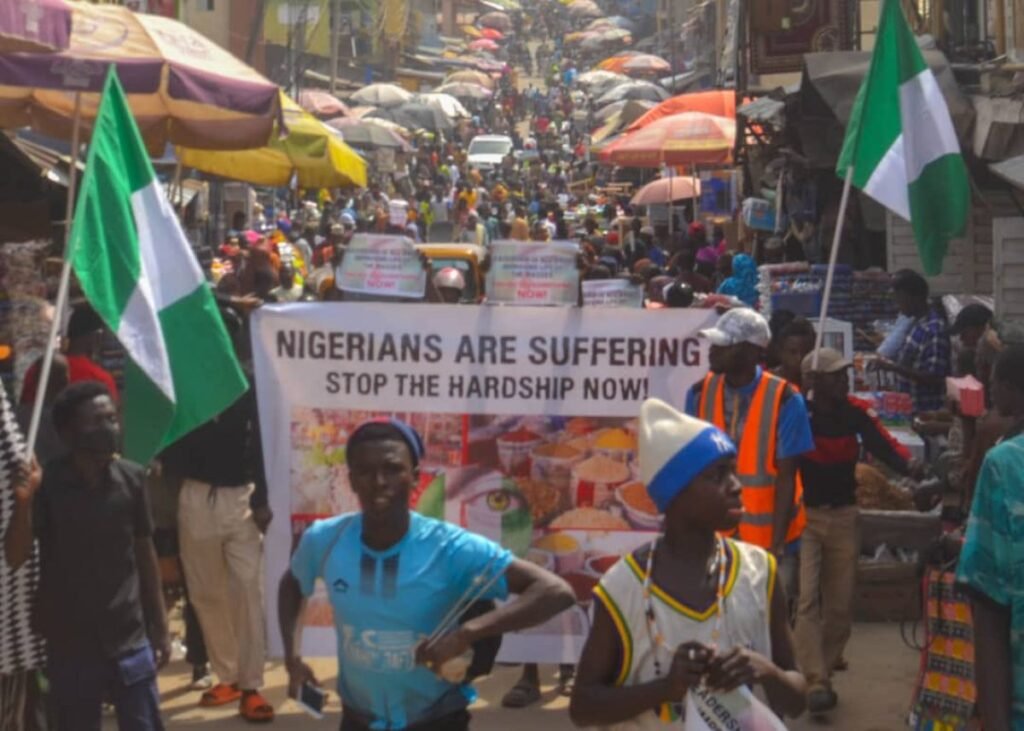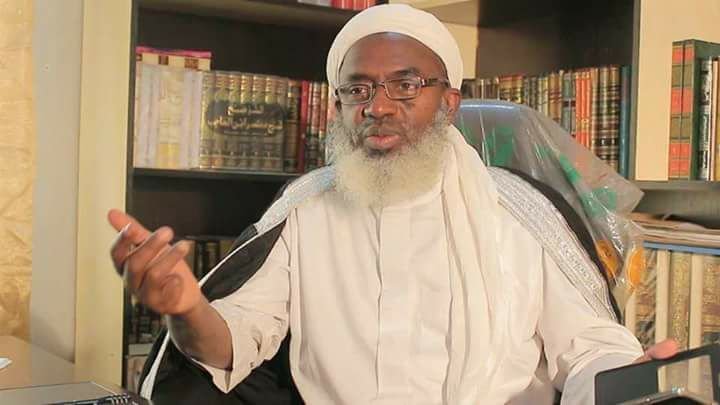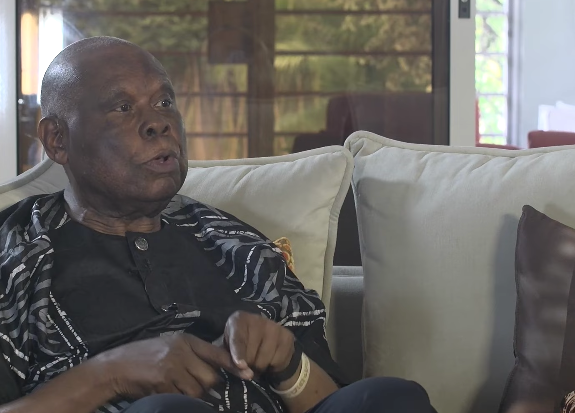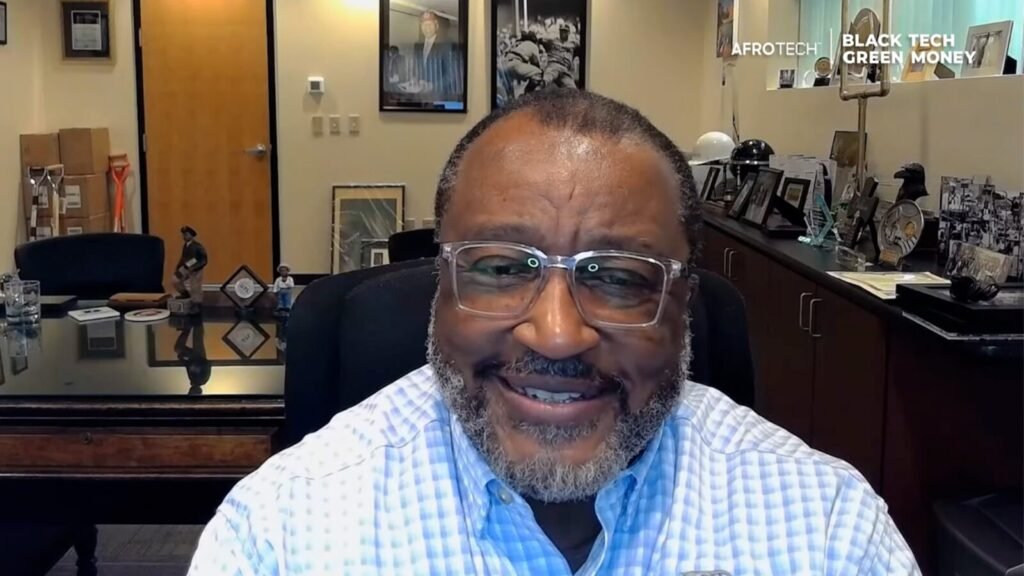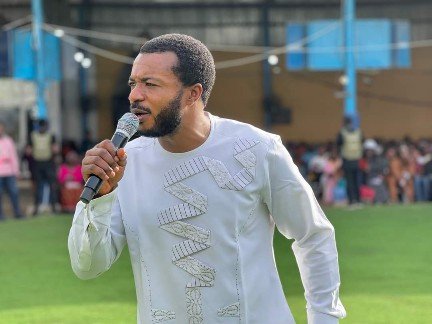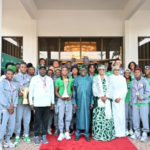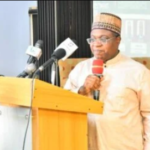Dr. Dili Ezughah is the Executive Secretary/CEO of the Nigerian Press Council (NPC). In this exclusive interview with MMS Plus, he speaks on the striking difference between freedom of speech and expression, and the need to regulate journalism. Appointed in October 2023, the NPC boss sheds light on his biggest accomplishments and challenges. Excerpts:
Before we go deeper, can you clarify what the NPC’s mandate really is and how it differs from limiting free speech?
Regulation actually is partnership. It’s collaboration and direction in order that an enterprise or a practice, in this case journalism practice, will be sanitized and liberalized. The unfortunate thing was that the Nigerian Press Council was set up by the military and everything that was coming from the military was viewed with suspicion by the people and the press. When the NPC was established, there was that suspicion. Nonetheless, the NPC is about 32 years old and that suspicion has not been justified because the NPC has not gagged anybody since inception.
You see this talk about freedom that is guaranteed in the constitution in relation to Nigerian Press Council, it’s been misunderstood. What the NPC does and what freedom represents are being muddled up. Yes, the constitution guarantees freedom of expression, that freedom of expression is not journalism because journalism actually is a controlled expression.
Journalism is not free speech. That’s why you have to go to school to study journalism and pass before you can practice journalism, and have in-house training in the organizations. NPC has no quarrels with anyone over free speech, but the Council urges you to observe the ethics of the profession. The profession has ethics and codes.
The NPC was set up to ensure that practitioners of journalism observe these codes and ethics, because journalism is a controlled expression. It’s not freedom in the sense that you can’t come out and talk freely. There are reasons why you don’t do so. They include; security, economic, health. It’s not everything that you know or you see that you say freely. There are ways you say that because journalism is a profession.
When you study journalism in the university, there are courses. That’s why you do it for four years or five years. So you don’t just come out and start talking freely and say you’re a journalist.
That is the issue we have today with the proliferation of new media. What we describe as a citizen journalism with the online media is a new situation that wasn’t there when Nigerian Press Council was set up, we didn’t have that phenomenon then, so that wasn’t captured.
We’re working to have that captured. We can see that clearly happening as an example of a non-controlled environment, unguarded environment. The online media allows people to talk on whatever issues they like in whatever manner. You haven’t talked about the ethics and the consequences of that communication.
To say that journalism should be controlled because there is free speech is like saying the government shouldn’t have police because there is the vigilante or a federal government should not have a central bank because we have multiple other banks.
You can’t control yourself as a journalist or a writer. Even the best of us, when we write and don’t subject it to proofreading by someone else, there are bound to be errors. Lexical errors, factual errors, legal errors, etc. That’s why we have editors.
There have been concerns that President Bola Tinubu has assented to a particular bill that will limit the freedom to utilise the social media. Can you shed more light on this?
No, the fact is that because of the dangers that the new media brings into the mix of journalism, national security and all that, there have been efforts, dialogues, attempts to find solutions. This is global, by the way. Nigeria as a responsible government is also trying to work things out.
When the NPC was set up, there was no social media. So the Act setting us up didn’t capture that. So we are working on it to have a revised one and that legal instrument is currently before the Senate. It was a bill, an amendment to the Nigerian Press Council’s Act to incorporate responsibility and oversight functions over social media. So if that’s what they are talking about then, yes, of course.
You talked about in-house training. In all my years of media practice, I can’t remember being trained in any media house. How are you driving the change to help the media houses understand that need to train their workforce in the area of practice?
Part of the functions of the NPC is the training that you just talked about. It is very important to train journalists and train ourselves generally. The Council has been doing that to the best of its ability and considering the allowances.
Recall that just two months after my appointment, the Council was removed from the budgetary provisions of the federal government, among several other establishments.
I was appointed in October 2023 and by January 2024, the NPC was removed from budgetary allocation. We started convincing federal governments until it got to the president’s table and the president said, no, the Council was not even meant to have been removed in the first place. He returned us to the budget by July 2024.
So what that meant was that all of 2024 we were out of the budget and that included salary. There was no salary, no overhead, no capital.
You and I know that we are in 2025 August, we are still running 2024 budget. That means the Council hasn’t started getting money from the budget. Do you understand? Despite that, we have been able to run some trainings.
We are in the 2025 budget, but everyone worked for a whole year without salaries and you didn’t hear that in the press. You know, there was no protests or anything like that because we were able to hold everybody together and we assured that there is hope.
We have been able to run some trainings. In June, we concluded a training for journalists in North Central. We also encourage media houses to train journalists. You can’t actually do without that even if the employees studied mass communication. Things are changing and journalists ought to be ready to meet these changes.
You just have to constantly train or you’ll be left behind so fast. I always give an example. When I left journalism, the first time, I went into government in 1991. When I left the newsroom, I went into government. Because I was in production as well, where we worked with dummies. We kept hearing that the world has evolved to desktop publishing just as today we are talking about AI.
After working with the government for a couple of years, I came back and set up my own outfit and then went into production. I contacted someone I worked with in NewsWatch who was in production as well.
We developed the content and he had to work on the pages. I paid him for plates and he did the plates and brought it to me. I took it to the printer and everybody was looking at me like, where are you from? From which planet are you coming from? Who did this for you? And I said, is there something wrong with it? The printer said, ‘I haven’t done this in the last two years. You don’t do this anymore to print. You do desktop’. Just send it to us and we’ll print it after the desktop design.
So, from that story you can see the need for frequent training. I went into government and I came back in two years and things had changed so much that I wasted my money even with my own friend.
At NPC, we train journalists and we encourage practitioners to do so. We provide some of these trainings ourselves. We’ve done the trainings within scope of our resources. We’ve done this within the limitations of the resources that we have. We could do so much more if we had so much more.
Nonetheless, before the year runs out, we will do trainings in other zones.
How is the relationship between media proprietors and the NPC in terms of reception and training for journalists?
Several publishers and media proprietors still have the notion that government should not have set up the NPC in the first place. So when at NPC, you are saying the media organisation needs to train its journalists; sometimes you get a response like – who is that one telling me what to do?
You are in government and the NPC should never have been set up. You can’t tell me what to do. These are some unpalatable responses we get when we observe some breaches and try to exercise our duty by recommending solutions. A media organisation could publish something for instance, and NPC says you could have done it this way. When you put this this way, you didn’t think of the life of our security operatives. Unfortunately, we still get responses like – what can you do, who are you to tell me how to publish? So we have that. You know, but it’s unfortunate.
Publishers and owners of media houses see the NPC in the wrong light for too long. It is high time they acknowledged the fact that we should be partners in progress for our profession. We should be partners. That’s what government in its wisdom thought when setting up the NPC.
